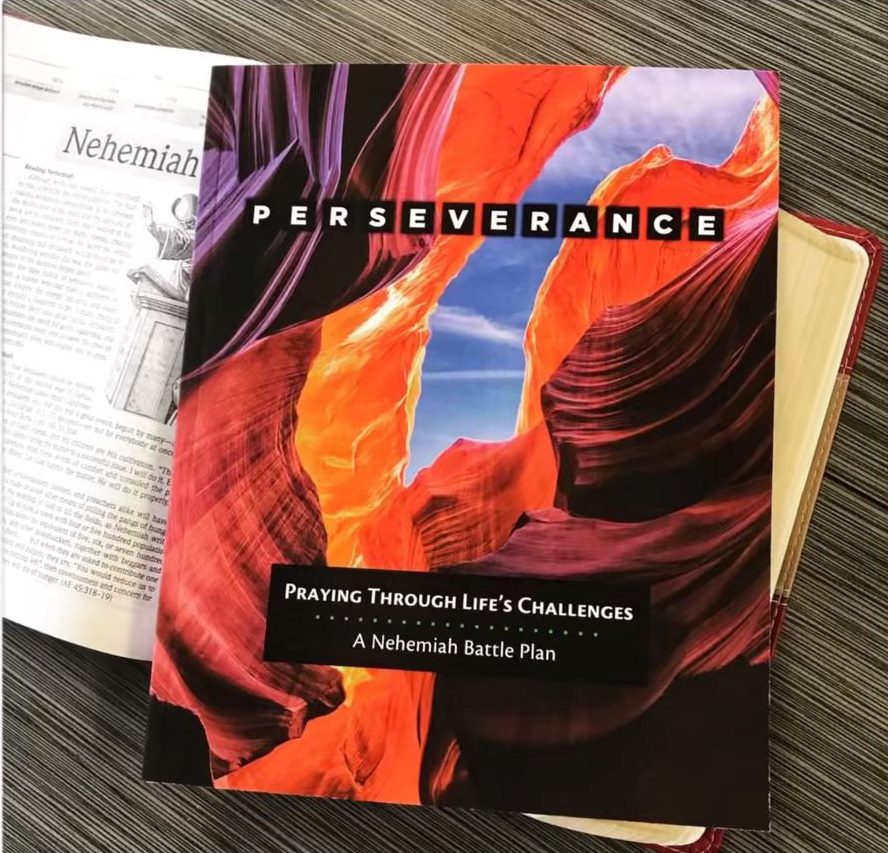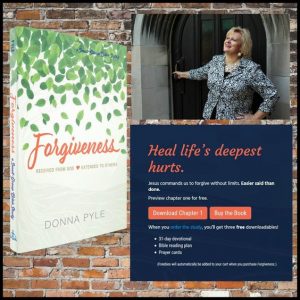
Retirement is often perceived as a well-earned reward after a long career. The sudden influx of disposable time unlocks many opportunities to pursue life’s pleasures. Travel more. Golf each morning. Set off in an RV across America.
However, is that a cultural or biblical concept of retirement? What does the Bible say?
The only mention of retirement in Scripture relates to the responsibilities of the Levites. It appears exclusively in the NIV translation:
The Lord said to Moses, “This applies to the Levites: Men twenty-five years old or more shall come to take part in the work at the tent of meeting, but at the age of fifty, they must retire from their regular service and work no longer. They may assist their brothers in performing their duties at the tent of meeting, but they themselves must not do the work. This, then, is how you are to assign the responsibilities of the Levites” Numbers 8:23-26 (NIV).
The Levites were responsible for all aspects of the worship of God, mainly service of the tent of meeting (Tabernacle) and later in the Temple. Only Levite males ages 25-50 were assigned this God-given responsibility.
After age 50, the older men transitioned to serving outside the Tabernacle and Temple. Their responsibilities changed but did not end. They were not exempt from the duty of the service of God in their time of old age just because the younger generations stepped up.
Where Did Our Concept of Retirement Originate?
Historically, people worked as long as they were able due to economic necessity. It was common for several generations of a family to live under one roof so that they could pool resources and look after each other. Their life span was shorter. If people could no longer work, they usually died not long after.

Retirement originated mainly in the United States around the 1950s and is predominantly an American concept. As America gained wealth and developed better medical care, increased food supply, and more accessible transportation, the elderly lived longer. Hence, their kids eventually purchased their own homes.
As Americans entered retirement age in their later years, they initially had five to ten years to enjoy travel and various relaxing pursuits before health issues (whether theirs or family members) slowed them down.
What Does 21st Century Retirement Look Like?
Due to modern medical improvements, a person may actually live in retirement as long as they worked during their career. It is not uncommon to hear of a person being retired twenty to thirty years or more. There is not a universal retirement age.
Modern-day retirement usually focuses on hobbies or pleasures that people did not have the time or enough money to pursue during their working and family-raising years.
The mindset shifts from contributor to consumer where monitoring retirement accounts becomes a sport. Social security benefits may begin.

In June 2021, I accepted early retirement from the law firm where I had worked for thirty years. At 53 years old with a six-month retirement package in hand, I had two choices: (1) tuck that away into savings and find another 9-5 job, or (2) leverage everything to follow God’s clear calling to establish a full time 501(c)(3) non-profit ministry.
God clearly led me to walk through door #2 and I have not looked back.
Embarking on this good work of “retirement” (I prefer to call it my encore career) meant that I needed to understand God’s perspective about retirement for Christians. My research process began. Hence this post.
A Biblical Perspective of Retirement
The Bible was written long before retirement existed. According to the Numbers passage above, retirement focuses on a shift of work responsibilities not an end to them.
The Bible never instructs us to stop working. However, it also does not mean that we make bricks for the rest of our days. Our workdays simply look different in our golden years.

Today’s understanding of retirement as a permanent vacation is a cultural, not a biblical concept. As Christians, our goal is to serve the living God with gladness as long as we are able.
Our encore years are the time we can use our gifts, honed skills, and experiential wisdom to serve God differently than when we worked full time.
Now that does not mean that we shouldn’t play golf or travel. However, if pleasurable pursuits fill our agenda, we can miss out on so much joy that God still has for us.
Adjusting Our Focus
Christians never truly retire – we merely adjust our focus and adapt our duties as we age. After all, gray hair does not equal diminished capacity!
My days are now filled with researching, writing, and teaching new Bible studies, speaking at retreats and conferences, mentoring the next generation, and creating new biblical literacy materials in line with Artesian Ministries’ mission statement.
As an aside, I thoroughly enjoy not getting up at 5:00 a.m. on weekdays to catch the bus going downtown. It is a delicious blessing to finally embrace my night owl tendencies and wake up naturally without a blaring alarm clock.

I have always loved to travel, but now much of it has a primary focus: leading tours to the Holy Land to walk where Jesus walked, to Germany to trace Martin Luther’s footsteps, or to Greece and Turkey to see where God used the Apostle Paul.
How Do We Seek New Opportunities to Serve?
1. Pray Through and Set a Plan.
Being good stewards of our encore career is important in all areas: time, talent, and treasure. Many older people today face difficult times and need to remain in the workforce as long as possible.
If God has provided financial security so that you can fully retire or only work part-time, it is a privilege that historically was only available to the wealthy.

Prayerful planning provides the godly purpose and focus so that we can serve the Lord with excellence. Setting a plan reveals patterns of available time in your relaxed schedule to consider new ministry opportunities to serve in different ways. I created a personal weekly planner that you may find useful at the end of this post.
The retirement planning process encourages us to seek counsel and wisdom from Christians who have already walked that path. I have learned first-hand the infinite value of their wise decisions gleaned from years of experience.
2. Schedule Your Time.
Like younger children, God’s older children benefit from structure. Retirement means flexibility, but I learned very fast that no plan often results in many purposeless days.
In those initial retirement days, I needed that schedule-free rest. However, living a life of any value that honors God means utilizing the time He has given us to help others and point people to the hope of salvation in Christ Jesus.

It is important to find activities that engage us spiritually, mentally, and physically. They keep our facilities sharp instead of suffering atrophy. For the first time in my life, I have embraced vegetable gardening. How satisfying!
This Fall I will be attending a daytime women’s Bible study at my church. Not to teach, just to participate, learn, and soak. Intentional soaking time in the Word is a crucial element for Christians in every stage of life.
3. Be Open to Serve in New Ways.
Perhaps that openness looks like care for others, such as transporting elderly neighbors or family members to medical appointments, mentoring a college student, or volunteering on a mission trip.
I have dear friends who now spend their days building homes for the needy. Other friends volunteer their time to train and deploy LCC’s K-9 Comfort Dogs to disaster relief areas. My church regularly goes on mission trips to Honduras and Kenya, where everyone is welcome to join.

Stepping out of the 9-5 rat race invites us to breathe deeply, slow our pace a bit, and open our eyes to see God’s blessings afresh. Investing time to seek God’s will and plan for our encore years is an invaluable endeavor.
The Shift from Consumer to Contributor
Resisting that cultural mindset shift from a contributor to a consumer can be challenging indeed. We can certainly choose to play the retirement card, languish in unending free time, and engage only in social functions.
However, our retirement years are both a gift and a responsibility.
There is still God’s great big mission field of good work to be done with no age limit before we receive our crown of glory.

Armed with our Bibles and these godly principles for retirement will enable us to understand on a deeper personal level what the Apostle Paul meant in 1 Corinthians 15:58:
“Therefore, my dear brothers and sisters, stand firm. Let nothing move you. Always give yourselves fully to the work of the Lord, because you know that your labor in the Lord is not in vain.”
A quick closing thought: your retirement years may well be more spiritually significant than any other time in your life. Trust God to guide your steps and watch Him move!
{Some of these links are affiliate links. This means if you make a purchase through that link, the ministry may receive a small commission at no extra cost to you. Thank you for your ministry support!}




